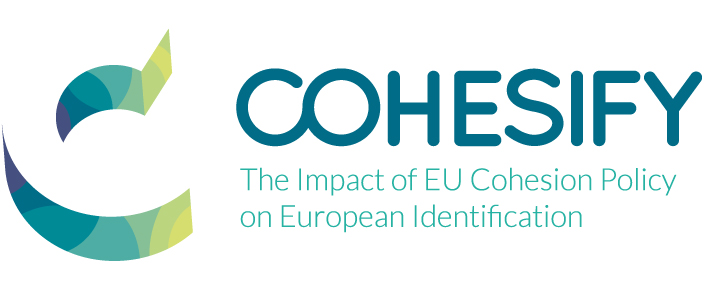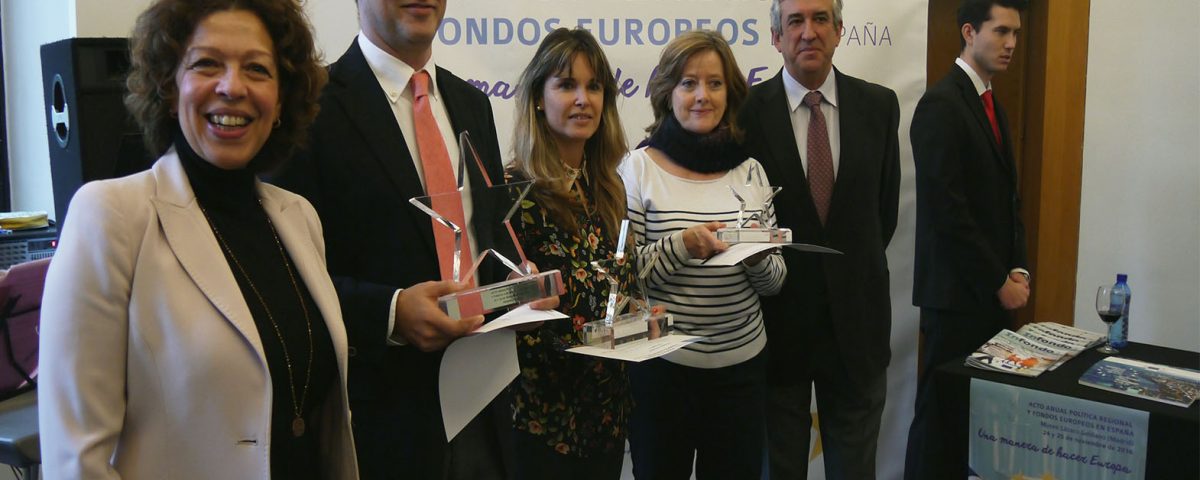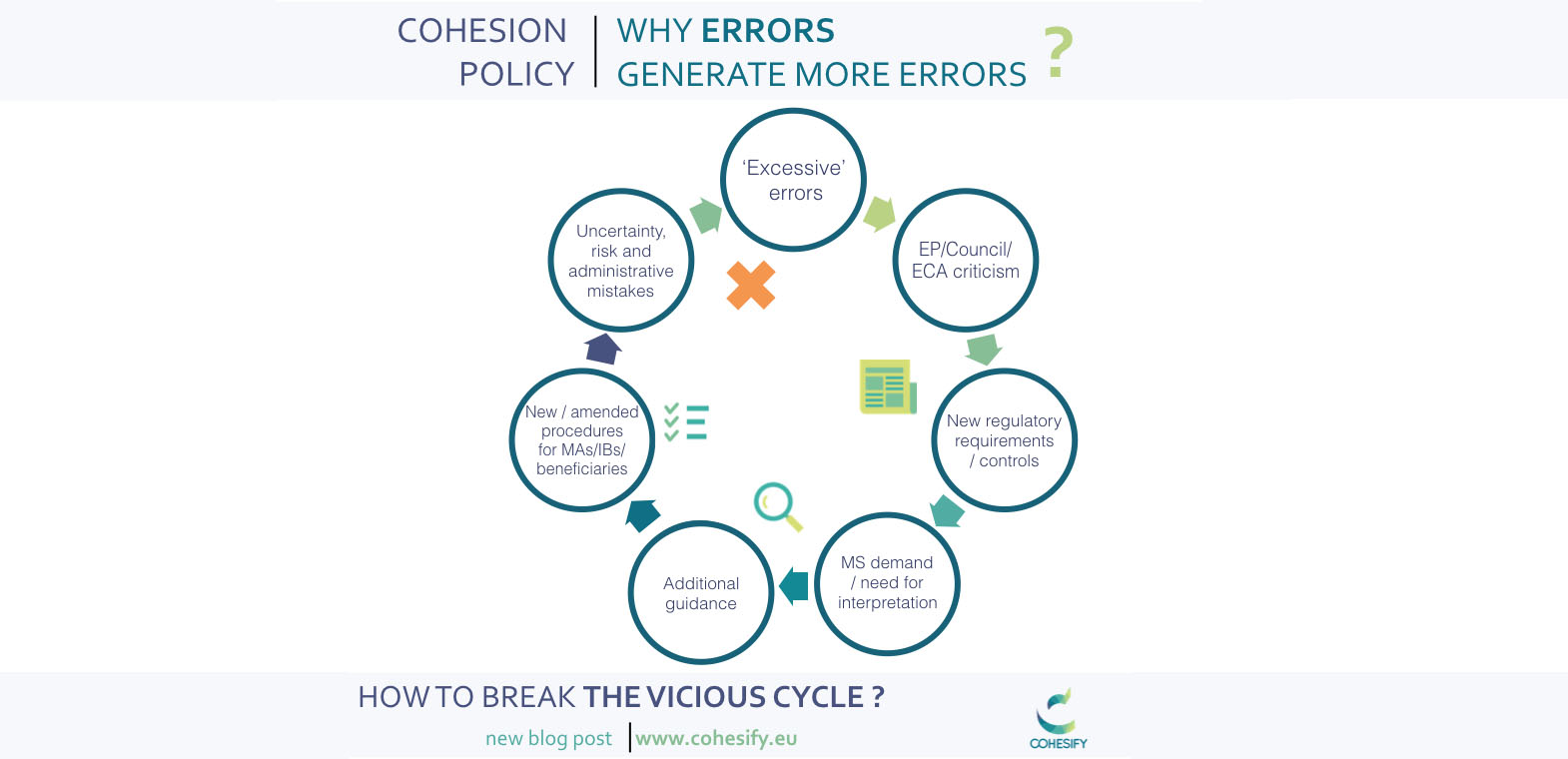
Differentiation in the management of Cohesion policy: an idea whose time has come?
December 20, 2016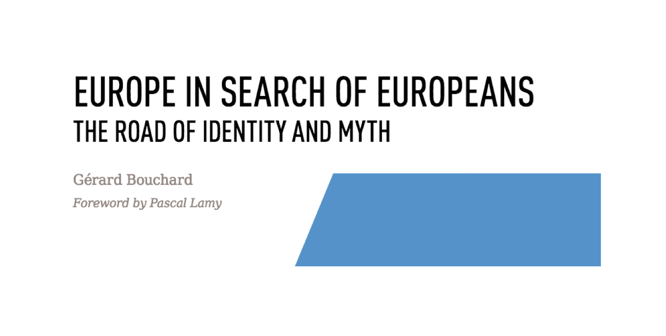
New publication: Europe in search of Europeans – the road of identity and myth
February 23, 2017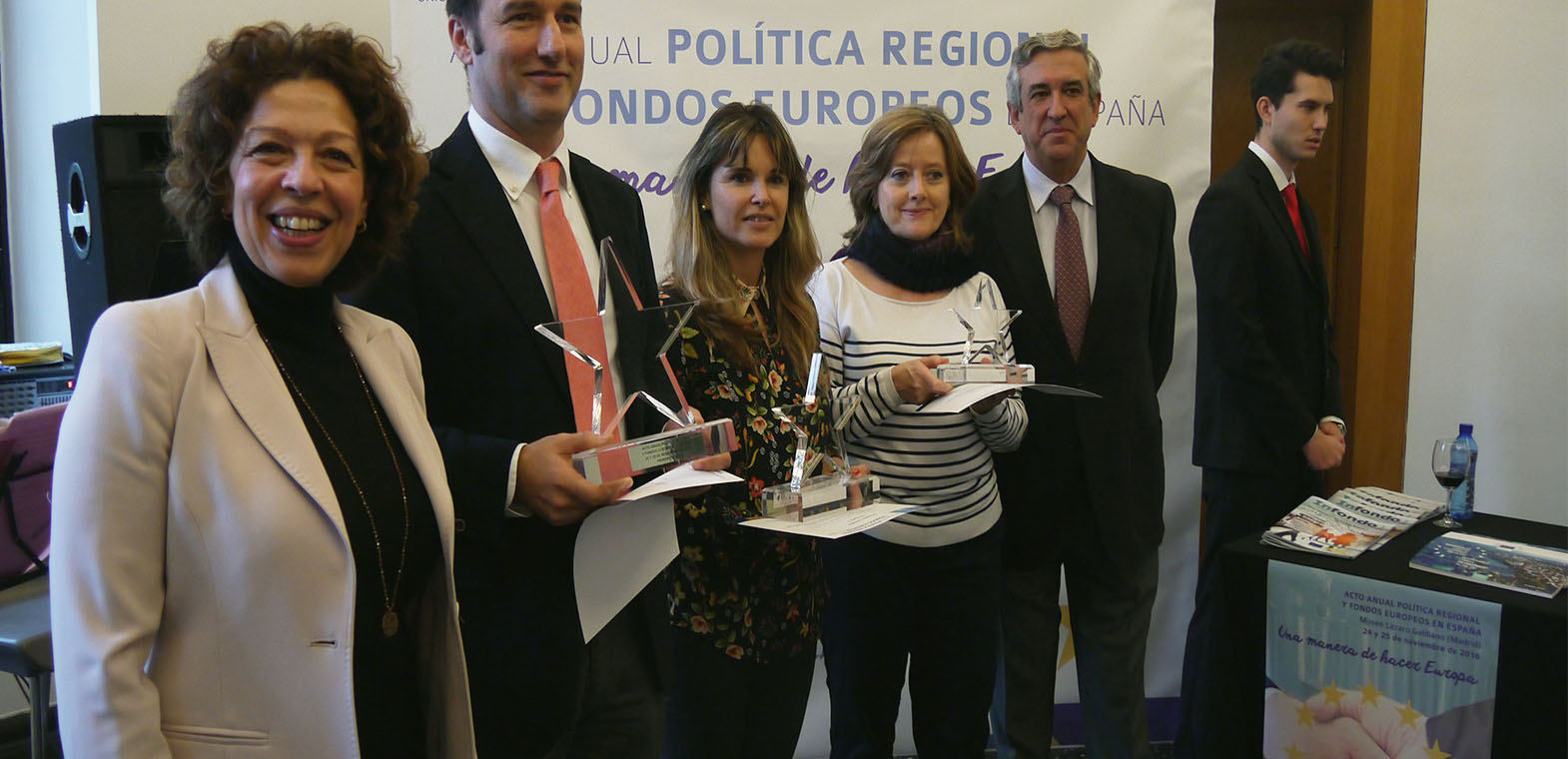
Every year the Directorate General of EU Funds at the Spanish Ministry of Finance invites all regional communication officers dealing with European Structural and Investment Funds to an Annual Meeting on Regional Policy and European Funds. On 24 and 25 November 2016, more than 200 people from all over Spain gathered in Madrid. The COHESIFY partner RegioPlus Consulting S.L. was responsible for organising the meeting and gives us here a short account of the event.
The Director General of EU Funds, José María Piñero, opened the Annual Meeting and underlined in his opening statement that “in the period 2014-2020 we are closer to the citizens, given the new focus of the funds, being more dedicated to important societal issues and not so much to construction and infrastructure.” Anna Paula Laissy, Head of the Communication Unit of DG Regio, spoke about the opportunities that the digital revolution offers to make communication better, more effective and more sustainable over time. According to her, the purpose of communication is clear: "to make the beneficiaries feel proud of the positive results that the contribution of European funds has had on a particular project and a particular region."
Throughout the day, various round table debates with Cohesion policy practitioners, experts and academics took place to discuss the progress made in the past and current programming periods in the areas of smart, sustainable and inclusive growth, in line with the Europe2020 strategy (slides available here). The first focused on sustainable growth. One of the key messages was that we are going to be confronted with real sustainability challenges if we stick to the energy and industrial policies of past eras. The consolidation of the horizontal principle of sustainable development in the implementation of the programmes is therefore one of the main vehicles for transforming our world and achieving the objectives of the EU related to the reduction of greenhouse gas emissions and the increase of renewable energies as well as energy efficiency.
The second round table dealt with urban, sustainable and integrated development. The now obligatory strategies of integrated and sustainable urban development have introduced a new paradigm in this respect and have strengthened the role of citizens and stakeholders in the planning of territorial strategies in the context of Cohesion Policy. All the speakers stressed the fundamental role played by the ERDF in promoting a territorial vision of investments made in the regions.
Finally, at the roundtable on smart growth, the speakers agreed that smart growth must be sustainable and long-term. They invited the participants to ensure that the instruments for their achievement, such as the Smart Specialisation Strategies (RIS3), which are a precondition for ERDF financing, focus on stimulating the innovative capacity and competitiveness of the regions and their companies.
In the closing ceremony, José María Piñero encouraged the participants to continue implementing the European funds effectively to promote economic and social progress in Spain. For her part, Anna Paula Laissy thanked all the speakers and participants for their involvement in the management and dissemination of the good results that the projects have achieved in the different regions, highlighting that the project examples presented during the Annual Meeting demonstrated that we are on the right track in terms of more and better communication about the results of Cohesion policy.
RegioPlus Consulting
